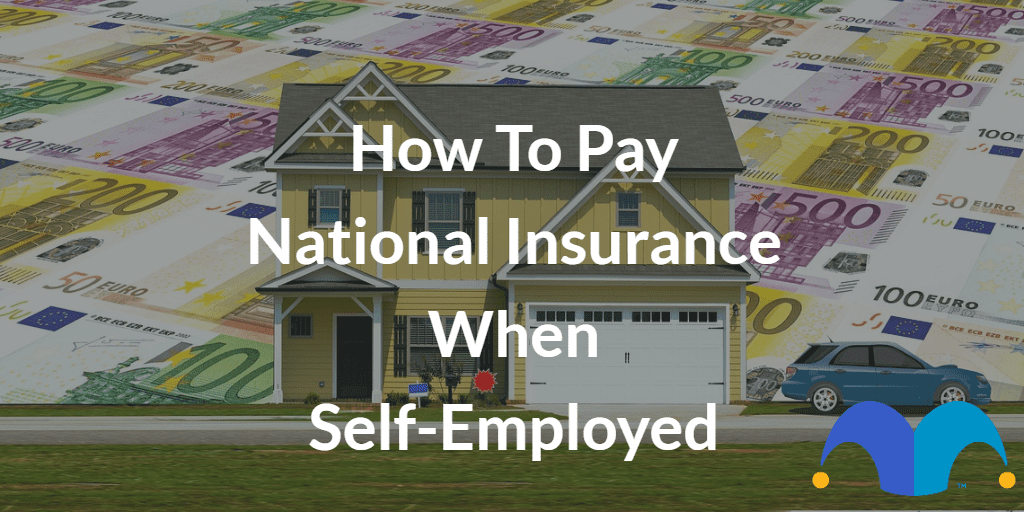Self-employed individuals make Class 2 or Class 4 National Insurance contributions depending on the amount of profit they make. Profit is the amount you earn once you deduct expenses from your self-employed income. Let’s take a look at how to pay National Insurance when self-employed.
How much are Class 2 National Insurance contributions?
For the 2021 to 2022 tax year, the Class 2 National Insurance rate is £3.05 a week, and as indicated above, this applies if you make £6,515 or more in profits a year. It’s important to always check this rate from the gov.uk website because it can change annually.
How much are Class 4 National Insurance contributions?
For the 2021 to 2022 tax year, the Class 4 National Insurance rate for those making £9,569 or more in profits a year is:
- 9% on profits between £9,569 and £50,270
- 2% on profits over £50,270
However, on 7 September, the prime minister announced that National Insurance contributions will increase by 1.25% from 6 April 2022 to 5 April 2023. For the self-employed, this will affect Class 4 contributions.
How do you pay National Insurance when self-employed?
Paying National Insurance when self-employed is done through a Self-Assessment tax return. You can do so online or you can download, fill in and post form SA100 to HMRC.
You might need to fill in additional pages depending on your sources of income or your specific circumstances. These are known as supplementary pages from SA102 to SA109.
Don’t worry if this seems a little overwhelming – the gov.uk website offers plenty of guidance and advice. You can also read the ‘How to fill in your tax return’ notes. It’s best to make use of all advice available to avoid making mistakes. Such mistakes, however innocent they may be, may imply you’re trying to evade paying tax, and there could be legal consequences.
Can you avoid paying National Insurance when self-employed?
Paying National Insurance is mandatory if you:
- Are over 16 years old
- Work in the UK
- Make £6,515 or more in profits a year
- Haven’t reached State Pension age
As a self-employed worker, it’s actually difficult to avoid paying National Insurance, especially if you meet the threshold. This is because HMRC requires you to send a Self-Assessment tax return every year for income tax collection purposes.
HMRC will calculate how much you need to pay based on what you report, and they’ll send you a Self-Assessment tax bill indicating how much you owe. You need to pay the amount by 31 January, following the end of the tax year. If you’re late, you’ll be charged interest and may have to pay a penalty.
The only time you might not pay National Insurance when self-employed is if your profits fall below the threshold. In this case, you’ll have gaps in your National Insurance record, meaning you might not qualify for the full State Pension and some benefits. However, you can make voluntary contributions under National Insurance Class 3 to fill these gaps.
If for any reason you’re not paying National Insurance, you may be eligible for National Insurance credits. If you qualify, these can help fill gaps in your record.
